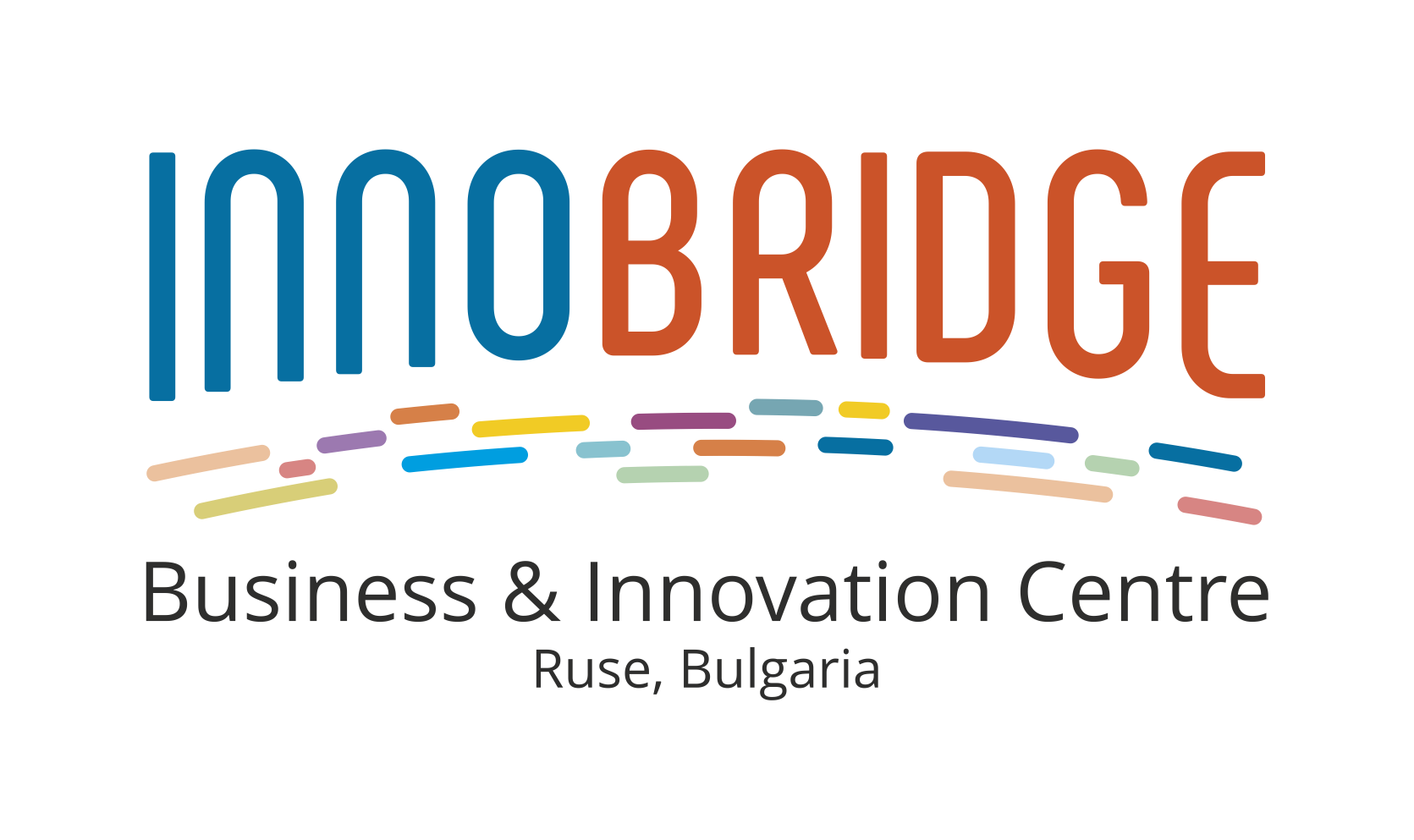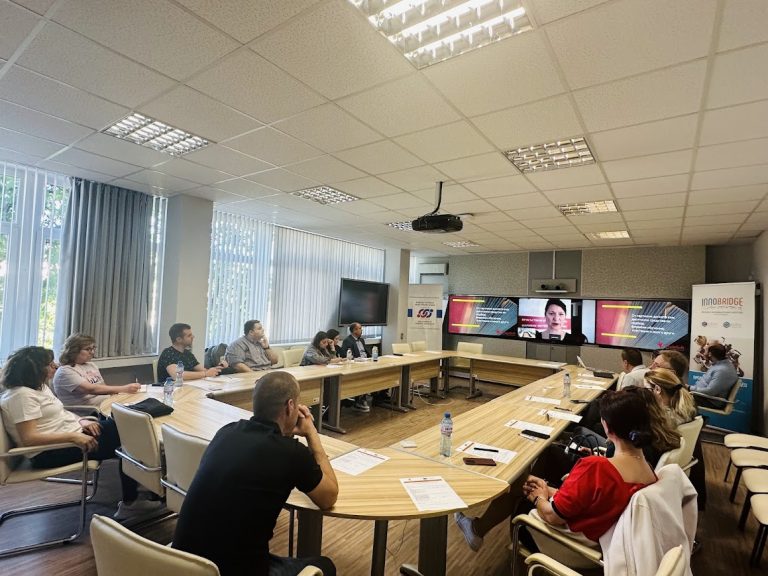Navigating the Future: The Evolution and Impact of Remote Work Technologies
As part of the ongoing efforts of the ACCELERO project to drive innovation and support the European business landscape, we turn our focus to a pivotal aspect of modern work culture: remote work technologies. The evolution of these technologies has not only reshaped where we work but how we work, fostering a new era of flexibility, connectivity, and efficiency.
The Dawn of Remote Work
Remote work, once a rarity, has become a staple in the global economy, thanks to technological advancements. The initial phase was marked by simple digital communications and the advent of the internet, which laid the groundwork for remote connectivity. However, it was the development of cloud computing, high-speed internet, and secure virtual private networks (VPNs) that truly set the stage for remote work to flourish.
Technological Innovations Driving Change
The rapid evolution of remote work technologies has been instrumental in this shift. Collaboration tools, project management software, and virtual meeting platforms have become more sophisticated, offering features like real-time editing, virtual whiteboards, and seamless integration with other tools. Furthermore, advancements in cybersecurity have made remote work more secure, addressing one of the early concerns of remote employment.
The Impact of Remote Work Technologies
The impact of these technologies extends beyond the mere ability to work from anywhere. They have democratised access to opportunities, allowing individuals in remote or underserved regions to participate in the global economy. Companies have access to a broader talent pool, unconstrained by geographical limitations. Moreover, remote work technologies have contributed to environmental sustainability by reducing the need for daily commutes and office resources.
Challenges and Opportunities
Despite the benefits, the transition to telecommuting was not without its challenges. Issues such as the digital divide, maintaining work-life balance and ensuring team cohesion require constant attention. However, these challenges also present opportunities for further innovation in telecommuting technologies, from improving digital inclusion to developing tools that better mimic the dynamics of in-person interactions.
ACCELERO's Role in Shaping the Future
The ACCELERO project, committed to fostering innovation and entrepreneurial success across Europe, recognizes the significant role of remote work technologies in shaping the future of work. By supporting the development and adoption of these technologies, ACCELERO aims to create a more inclusive, efficient, and sustainable business ecosystem.
Conclusion
As we continue to navigate the complexities of a changing work environment, the ACCELERO project remains at the forefront of supporting and leveraging the evolution of remote work technologies. By embracing these innovations, we can ensure a resilient, adaptable, and forward-looking European business landscape, ready to meet the challenges and opportunities of the future.








